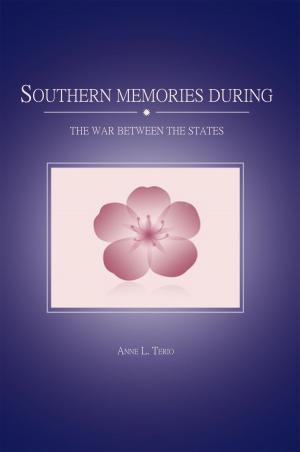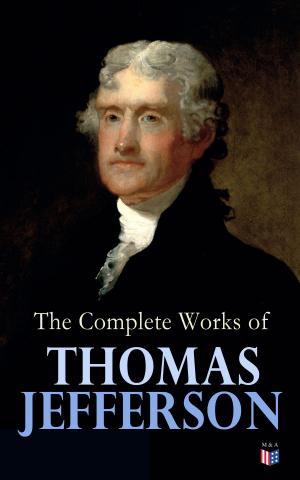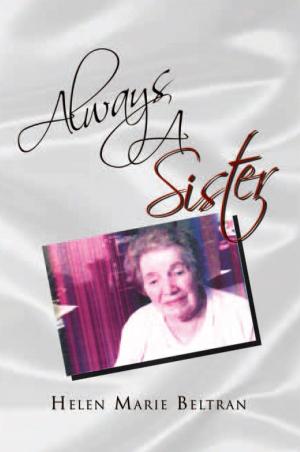The Peking Legations: the Life and Times of George Clarke Musgrave
Nonfiction, History, Military, Other, Biography & Memoir| Author: | Adrian Musgrave | ISBN: | 9781310771590 |
| Publisher: | Adrian Musgrave | Publication: | June 17, 2014 |
| Imprint: | Smashwords Edition | Language: | English |
| Author: | Adrian Musgrave |
| ISBN: | 9781310771590 |
| Publisher: | Adrian Musgrave |
| Publication: | June 17, 2014 |
| Imprint: | Smashwords Edition |
| Language: | English |
Called back from his honeymoon by an urgent telegram from the New York Times, George Clarke Musgrave settled his new wife at her family home in New Jersey and then left for San Francisco on 9th July 1900, from where he sailed for China. His brief was to travel with the American force that was part of an eight-nation alliance with Britain, France, Germany, Italy, Austro-Hungary, Japan and Russia, mounting what was termed the “China Relief Expedition.” Earlier in the year, hundreds of Chinese Christians and foreign missionaries had been viciously attacked and killed in China's Northern provinces. This violence and blood-letting came to a head with the murder of the German Minister in Peking, at which time most foreigners and many Chinese converts fled to the foreign legations in the city where they were promptly besieged by a large force that called itself the “Righteous Harmony Fists,” but which the press had labelled the Boxers. The objective of the multi-national force was to rescue the foreign nationals.
There is no material relevant as an introduction for this book. In fact, there is no book to draw from, neither are there any newspaper articles or reports. Instead, we have only a collection of notes, diary entries, photographs, military briefings and despatches covering the four weeks spent in China. For such an experienced, committed and prolific writer, this is something of a surprise, but the clues lie in the tenor of the words that he uses to describe the horror, the brutality and the sheer trauma of his experiences. Horror and brutality were no strangers to our author, who had experienced war in many theatres, but he had seen nothing like this. Describing his entry into Tientsin, he says; “I could have likened it only to walking into the depths of Hades itself. The overpowering stench was more revolting than any I had suffered, and was matched in intensity only by the visual horrors before us. Thousands of people milled aimlessly from ruin to ruin; or squatted, expressionless, like dumb animals unaware that they were about to be slaughtered. Putrid corpses lay rotting in the streets, while women and children ran in terror from the carnage around them or stood huddled, almost comatose, in abject groups.”
The march from Tientsin to Peking and the relief of the Legations is documented in some detail but worse – much worse - was to follow. The closing notes describe the aftermath of the expedition, when military order was replaced by chaos. In the days following the entry of the alliance forces into Peking, there began an orgy of looting, execution, rape, torture and murder, described as “an unfolding kaleidoscope of human behaviour more nightmarish and more brutal than any of us could have believed possible.”
And here lies the reason why our author penned no words for publication. In a note describing his final hours in the city, together with a group of three fellow correspondents, he wrote; “not one of us had ever known such an assault on the senses; not one of us had ever been exposed to such obscene visions of reality. In our hearts we all knew, we had a silent understanding and a shared pledge that there are things we must not write, and that may not be printed for our readers, which show that this Western civilisation of ours is merely a veneer over savagery.”
Called back from his honeymoon by an urgent telegram from the New York Times, George Clarke Musgrave settled his new wife at her family home in New Jersey and then left for San Francisco on 9th July 1900, from where he sailed for China. His brief was to travel with the American force that was part of an eight-nation alliance with Britain, France, Germany, Italy, Austro-Hungary, Japan and Russia, mounting what was termed the “China Relief Expedition.” Earlier in the year, hundreds of Chinese Christians and foreign missionaries had been viciously attacked and killed in China's Northern provinces. This violence and blood-letting came to a head with the murder of the German Minister in Peking, at which time most foreigners and many Chinese converts fled to the foreign legations in the city where they were promptly besieged by a large force that called itself the “Righteous Harmony Fists,” but which the press had labelled the Boxers. The objective of the multi-national force was to rescue the foreign nationals.
There is no material relevant as an introduction for this book. In fact, there is no book to draw from, neither are there any newspaper articles or reports. Instead, we have only a collection of notes, diary entries, photographs, military briefings and despatches covering the four weeks spent in China. For such an experienced, committed and prolific writer, this is something of a surprise, but the clues lie in the tenor of the words that he uses to describe the horror, the brutality and the sheer trauma of his experiences. Horror and brutality were no strangers to our author, who had experienced war in many theatres, but he had seen nothing like this. Describing his entry into Tientsin, he says; “I could have likened it only to walking into the depths of Hades itself. The overpowering stench was more revolting than any I had suffered, and was matched in intensity only by the visual horrors before us. Thousands of people milled aimlessly from ruin to ruin; or squatted, expressionless, like dumb animals unaware that they were about to be slaughtered. Putrid corpses lay rotting in the streets, while women and children ran in terror from the carnage around them or stood huddled, almost comatose, in abject groups.”
The march from Tientsin to Peking and the relief of the Legations is documented in some detail but worse – much worse - was to follow. The closing notes describe the aftermath of the expedition, when military order was replaced by chaos. In the days following the entry of the alliance forces into Peking, there began an orgy of looting, execution, rape, torture and murder, described as “an unfolding kaleidoscope of human behaviour more nightmarish and more brutal than any of us could have believed possible.”
And here lies the reason why our author penned no words for publication. In a note describing his final hours in the city, together with a group of three fellow correspondents, he wrote; “not one of us had ever known such an assault on the senses; not one of us had ever been exposed to such obscene visions of reality. In our hearts we all knew, we had a silent understanding and a shared pledge that there are things we must not write, and that may not be printed for our readers, which show that this Western civilisation of ours is merely a veneer over savagery.”















